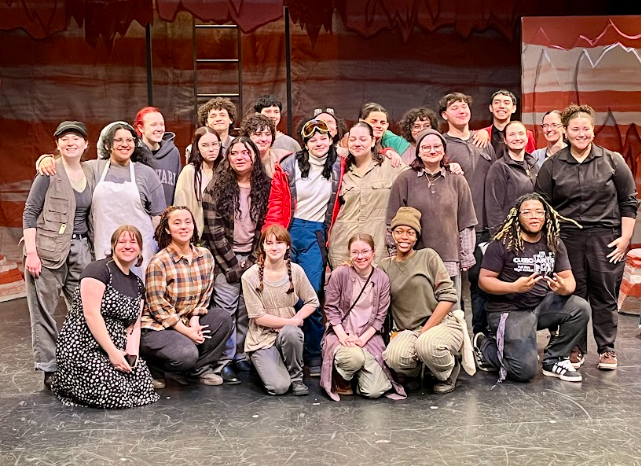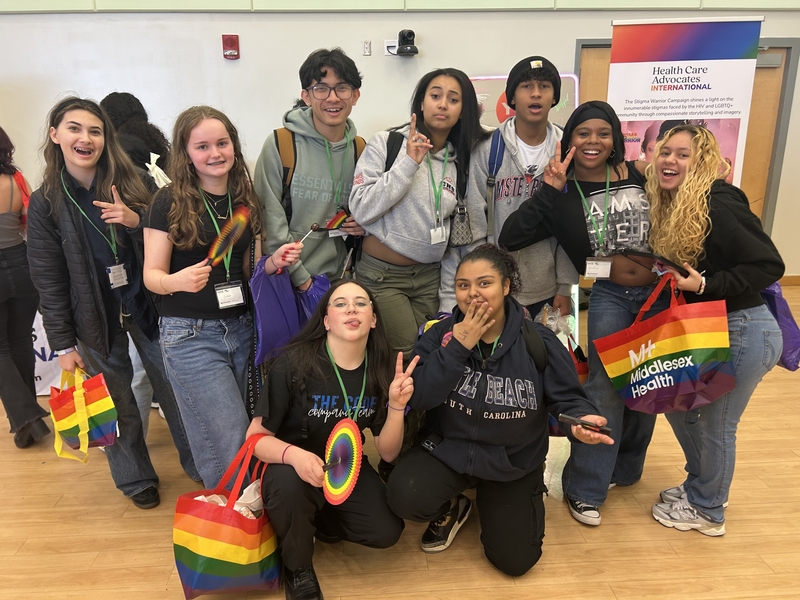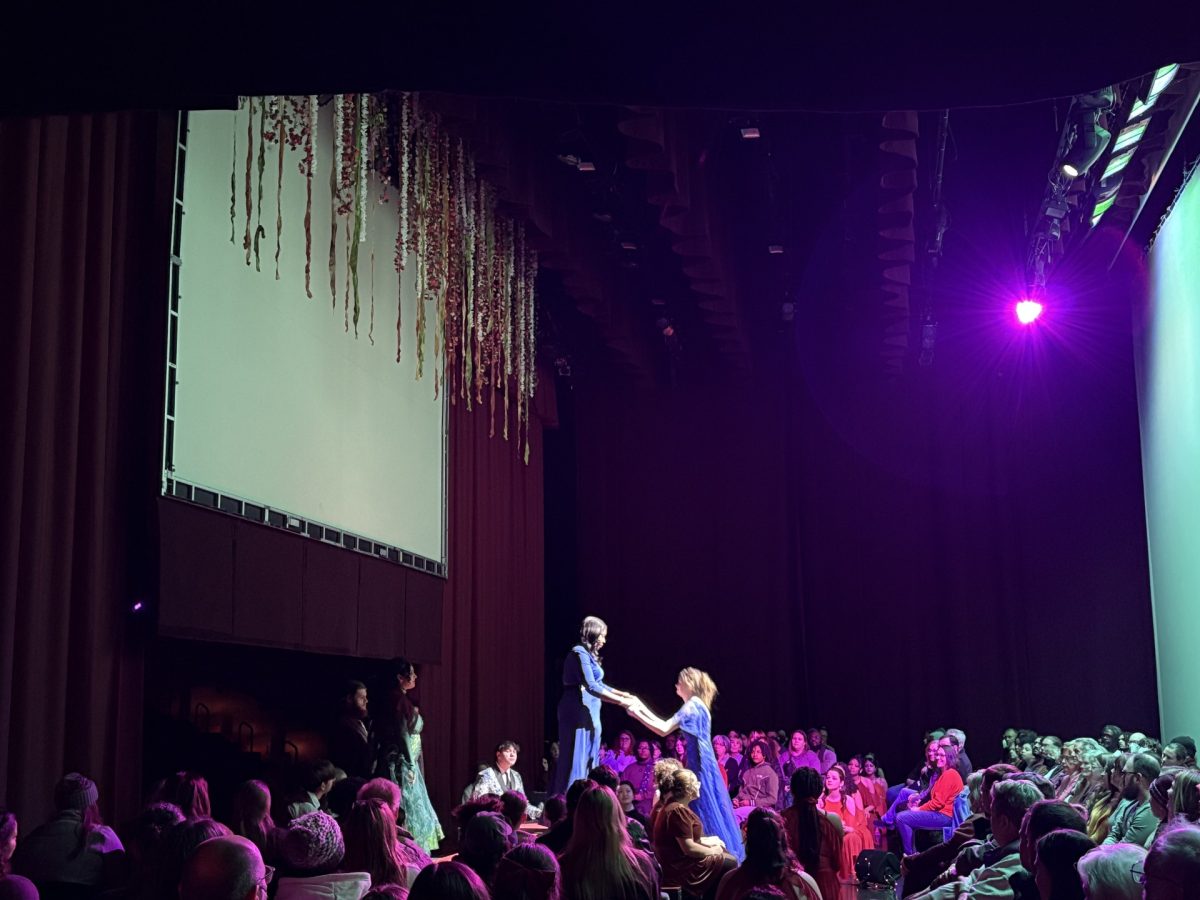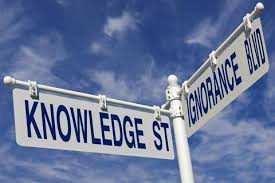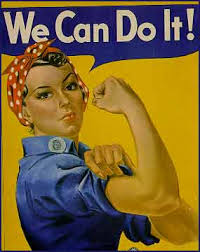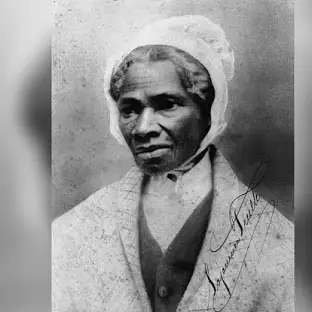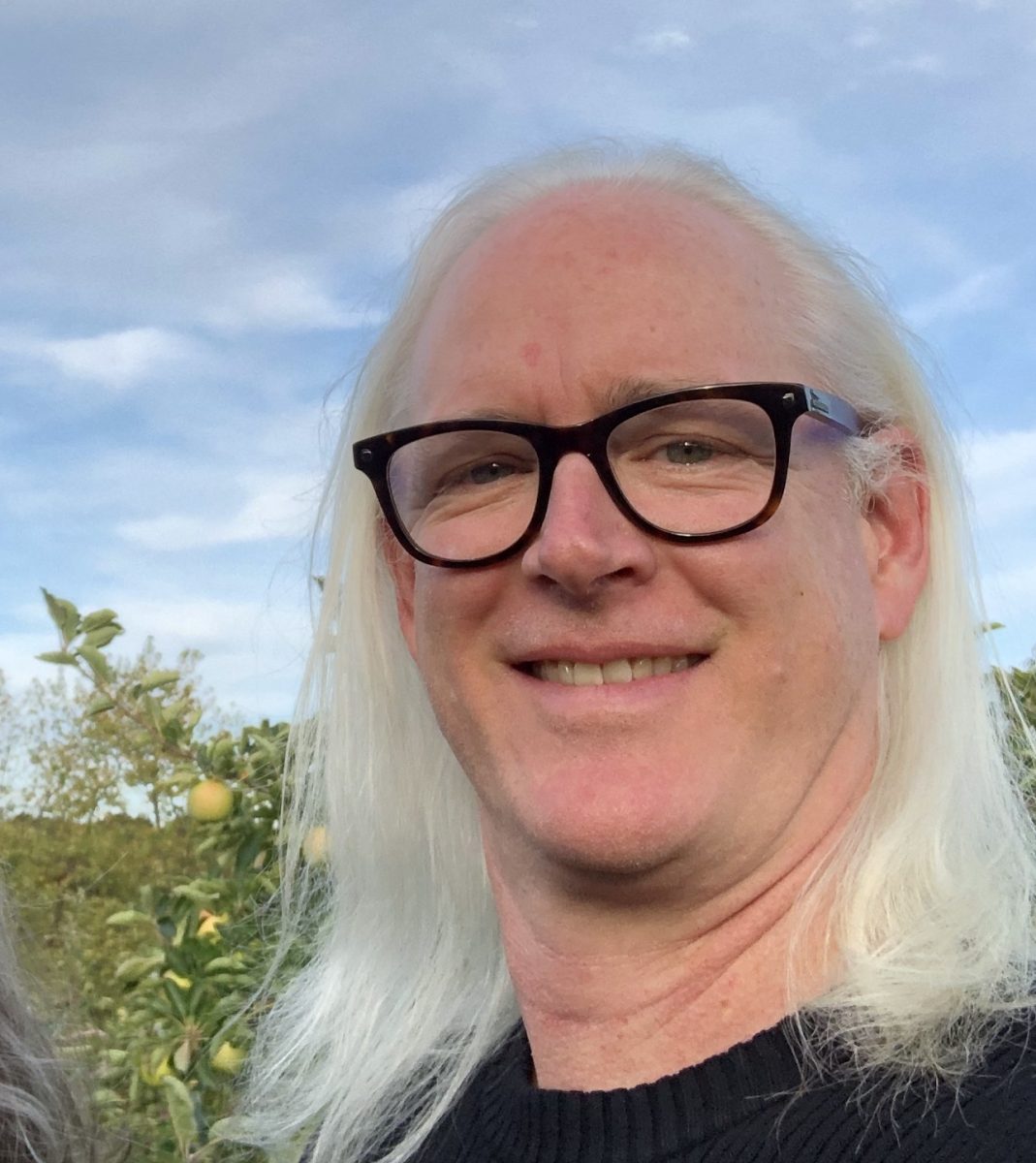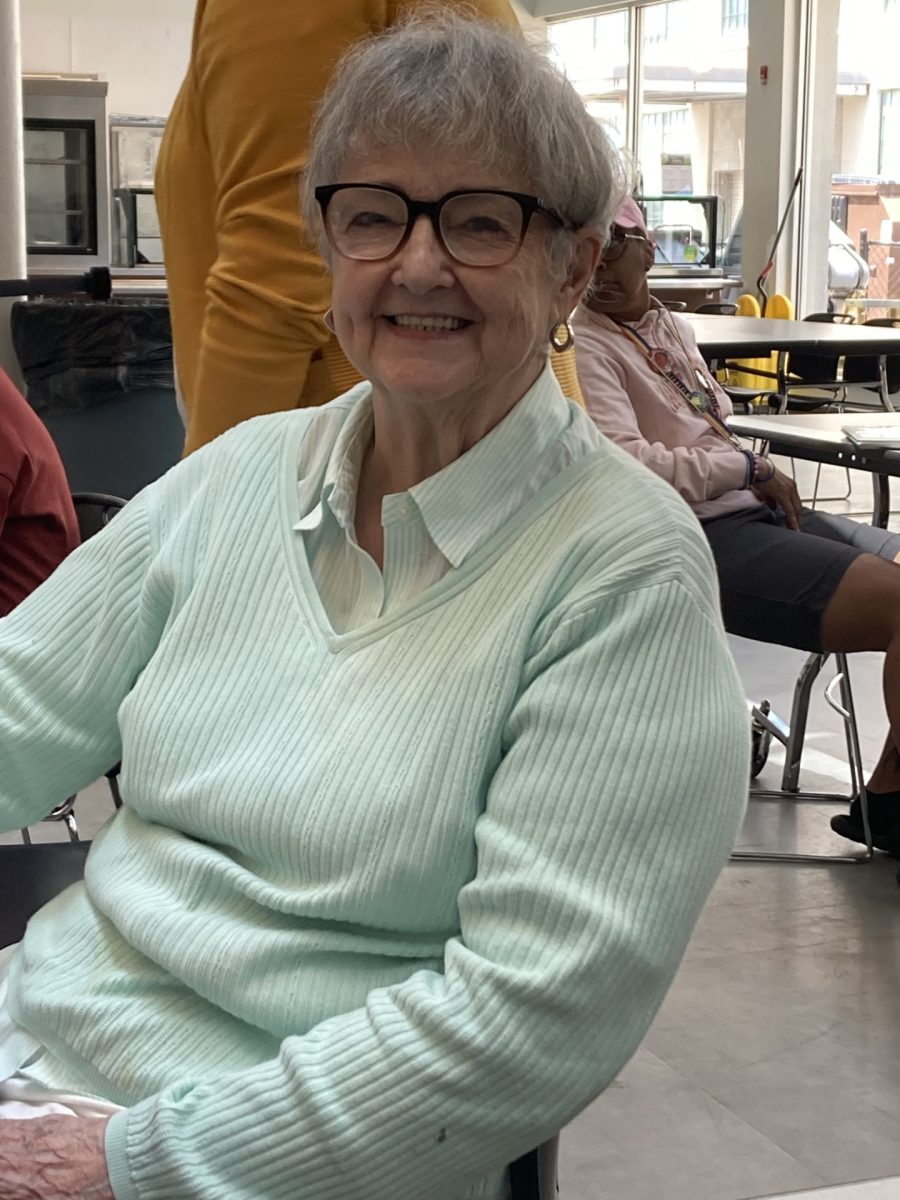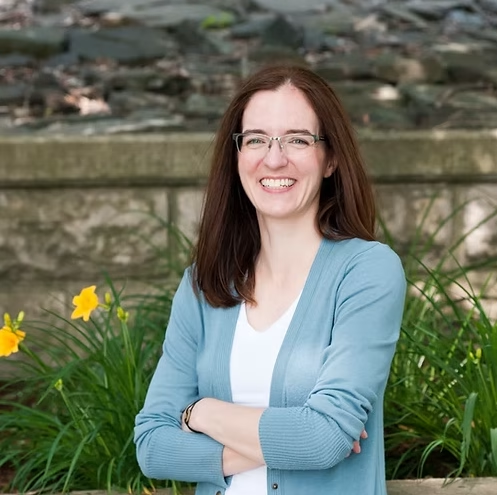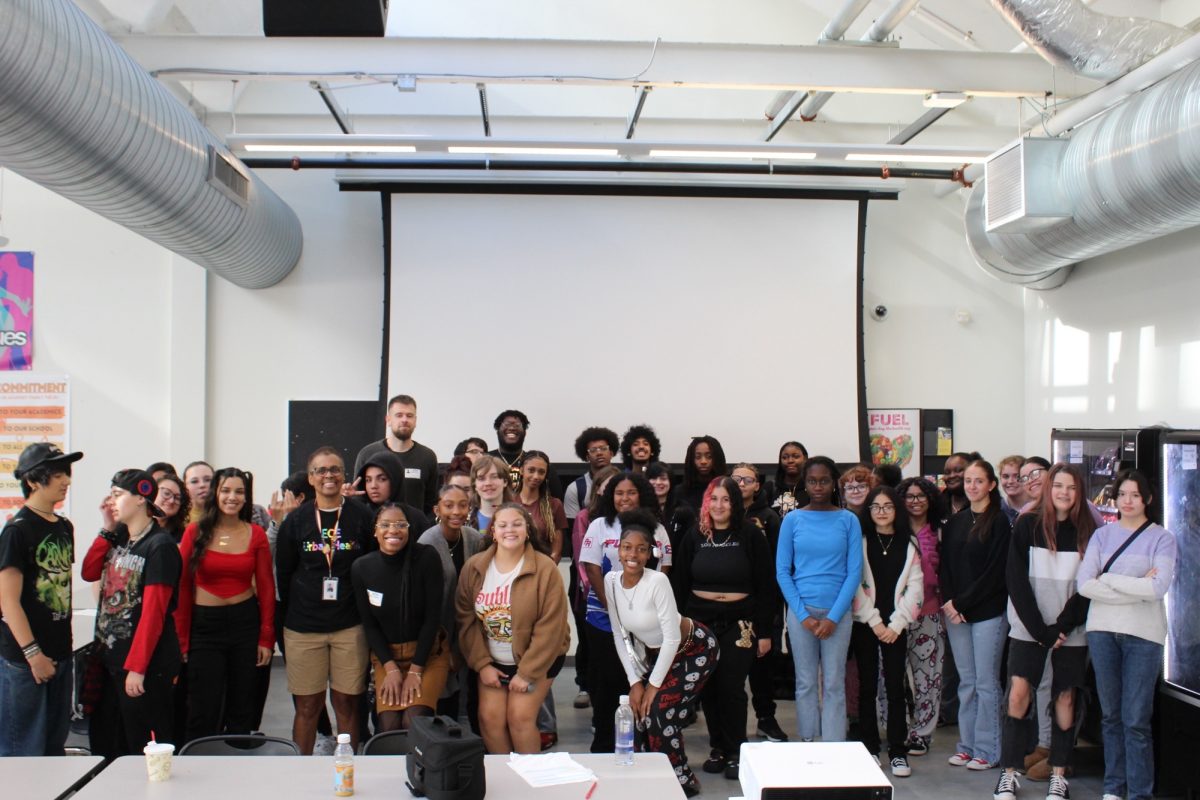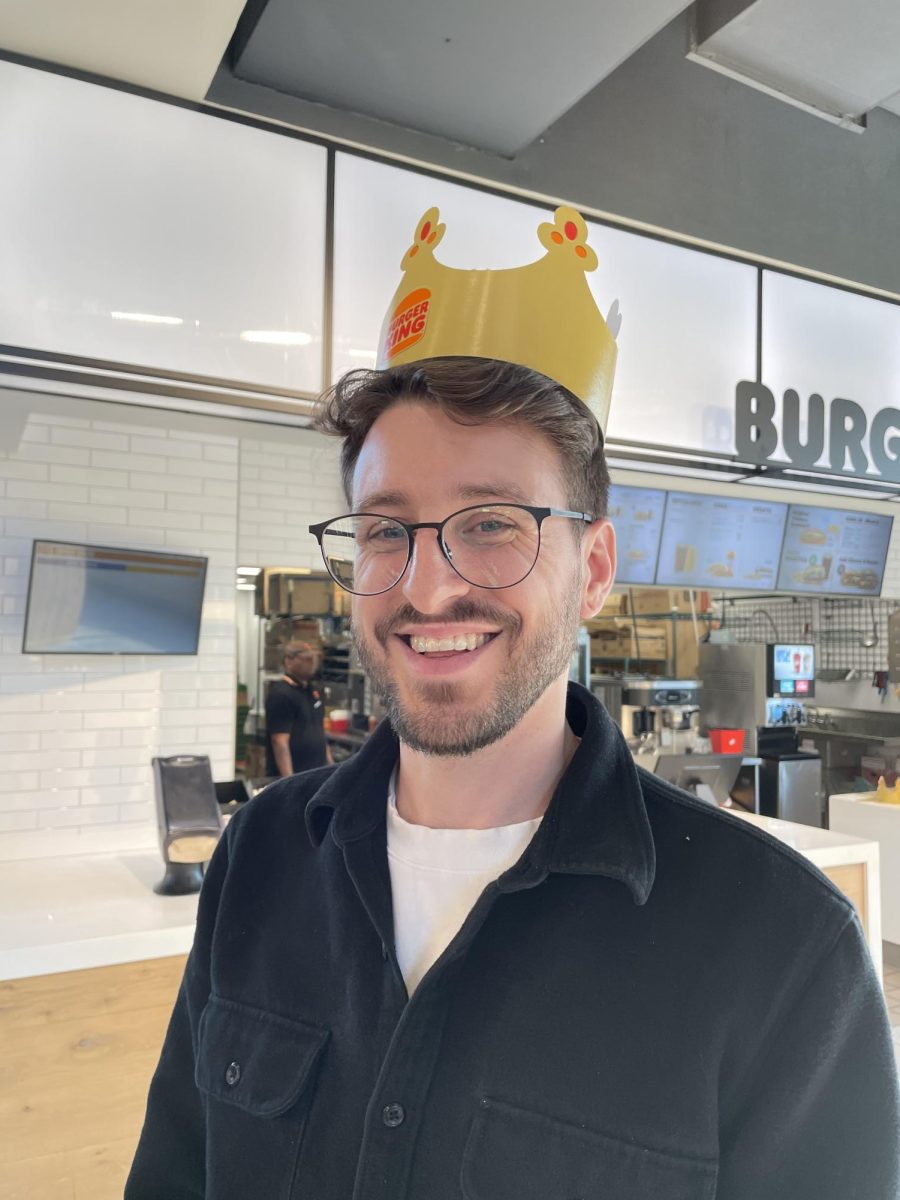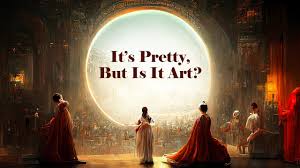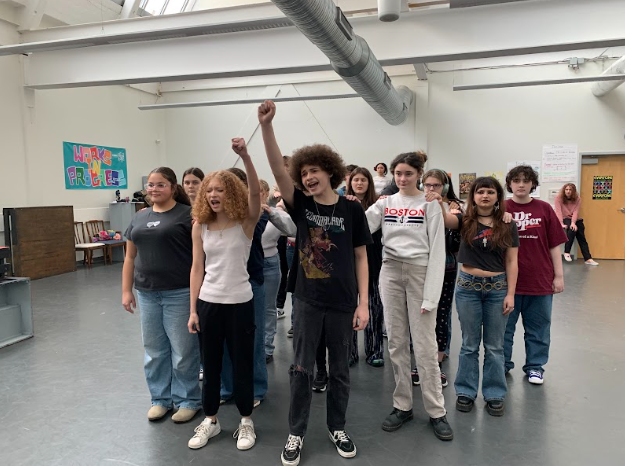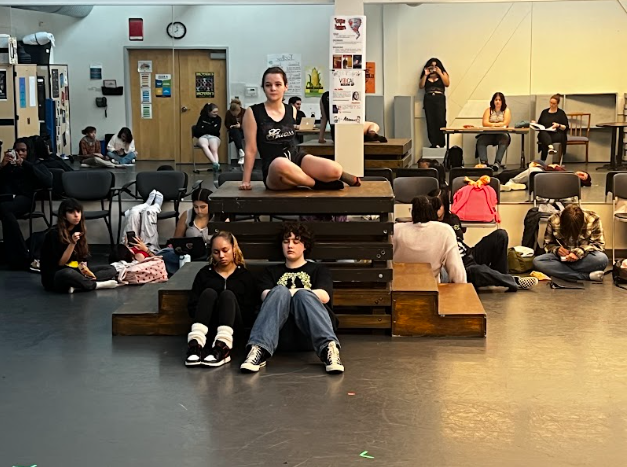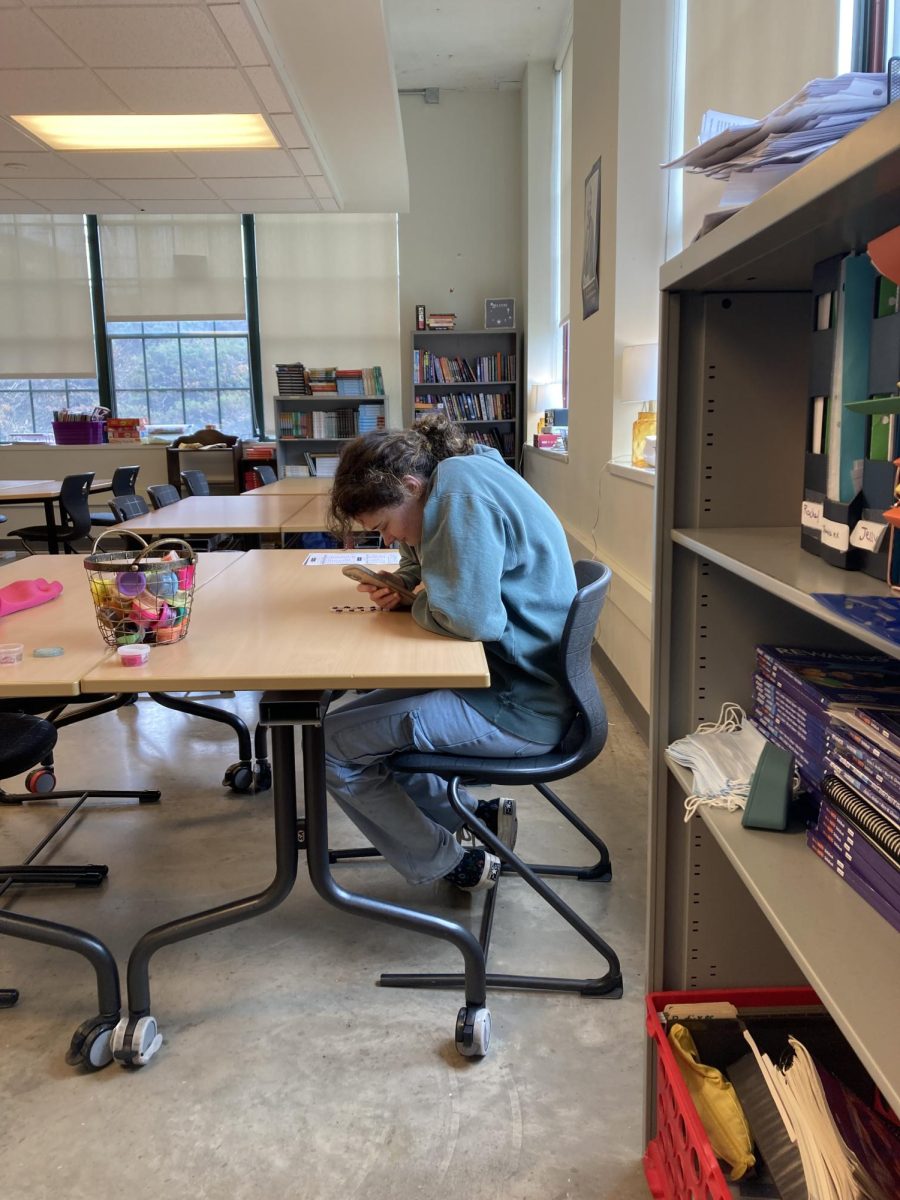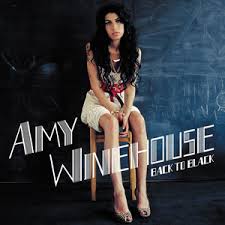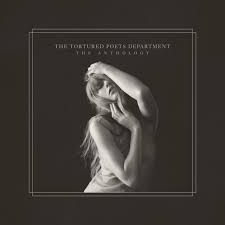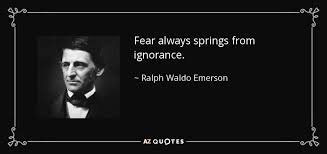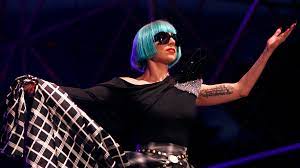In Jennifer Lee’s commencement speech, she adopts an inspirational, encouraging, and motivational tone to explain why self-doubt is harmful. This tone helps her connect with her target audience, the graduating class, because as they step into the world, they will need a substantial amount of confidence. Lee’s main claim is that self-doubt is one of the most destructive forces; it makes you “defensive instead of open, reactive instead of active.” She uses firsthand evidence to build credibility, a clear organizational pattern, and humor to evoke joy. These techniques help her build a persuasive argument to support her claim that self-doubt is harmful.
One technique that develops her argument is her use of first-hand evidence. Lee writes, “Goodness, I was the perfect target for bullies. And I was bullied severely—for years. Something happens when everything you do is fuel for ridicule and mockery. Eventually, you drink the bully Kool-Aid, and self-doubt takes over.” This quote demonstrates her credibility as she explains how self-doubt was brought upon her and how it negatively impacted her life. Throughout her life, she tried to put it in the rearview mirror but it wouldn’t go away. She needed help to overcome it, and one of her friends assisted her. Lee recounts, “He said: ‘You can be as insecure as you want in your life, but just promise me you’ll leave that insecurity out of your work. Just know, you’re good enough.’ And I did. Six months later, I had two film options and got my first paycheck as a screenwriter.” Phil Johnston taught her to be confident in her work because it was a reflection of herself. With his help, she went on to create some of the most popular children’s movies. Lee experienced self-doubt and, with support, managed to overcome it, which is why she wants to help others do the same.
Another technique that strengthens Lee’s argument is her use of organization and different text structures. In her speech, she uses the problem-solution structure to explain why self-doubt is harmful. A quote that utilizes this structure is, “Think about all the crazy ways you feel different from everyone else… and now take the judgment out of it… what you’re left with is such a wholly dynamic, original character, the kind that could lead an epic story” (Lee). The problem in this quote is that people spend too much time criticizing themselves instead of embracing their uniqueness, which is a central aspect of self-doubt. Her solution is for people to stop judging themselves and recognize that differences are what make people special and valuable. These differences allow us to connect with each other on different levels.
Another technique she uses is humor to invoke joy. For example, she says, “So much so, that when I was asked to be the commencement speaker, my first reaction was, I am way too young. And then my sister so kindly pointed out that I was 42, which I then realized made me pretty much exactly twice your age… and that pretty much sucked” (Lee). This moment made the audience laugh and served as a break from the heavier topics she discussed in her speech. It also shows the versatility in her speech. Another place where Lee uses humor is when she says, “There were like wildcats and endless snow and debauchery: it was like Game of Thrones. It was awesome” (Lee). This allusion evokes humor and joy because it highlights her fun experiences with her classmates and likely sparked feelings of nostalgia in other graduates and alumni.
After examining the different techniques she uses, we can see how effective these appeals are, as the audience was very engaged throughout her speech. Lee relied mostly on pathos, as seen in her use of humor and personal anecdotes. Although Jennifer Lee wrote an effective speech, I believe she could have made smoother transitions between topics to avoid them feeling too abrupt. Despite this, her speech was still very impactful. The most powerful aspect of it was her anecdotes. She was very open about her past and how she overcame self-doubt, which can give a sense of trust and inspiration for her audience.
